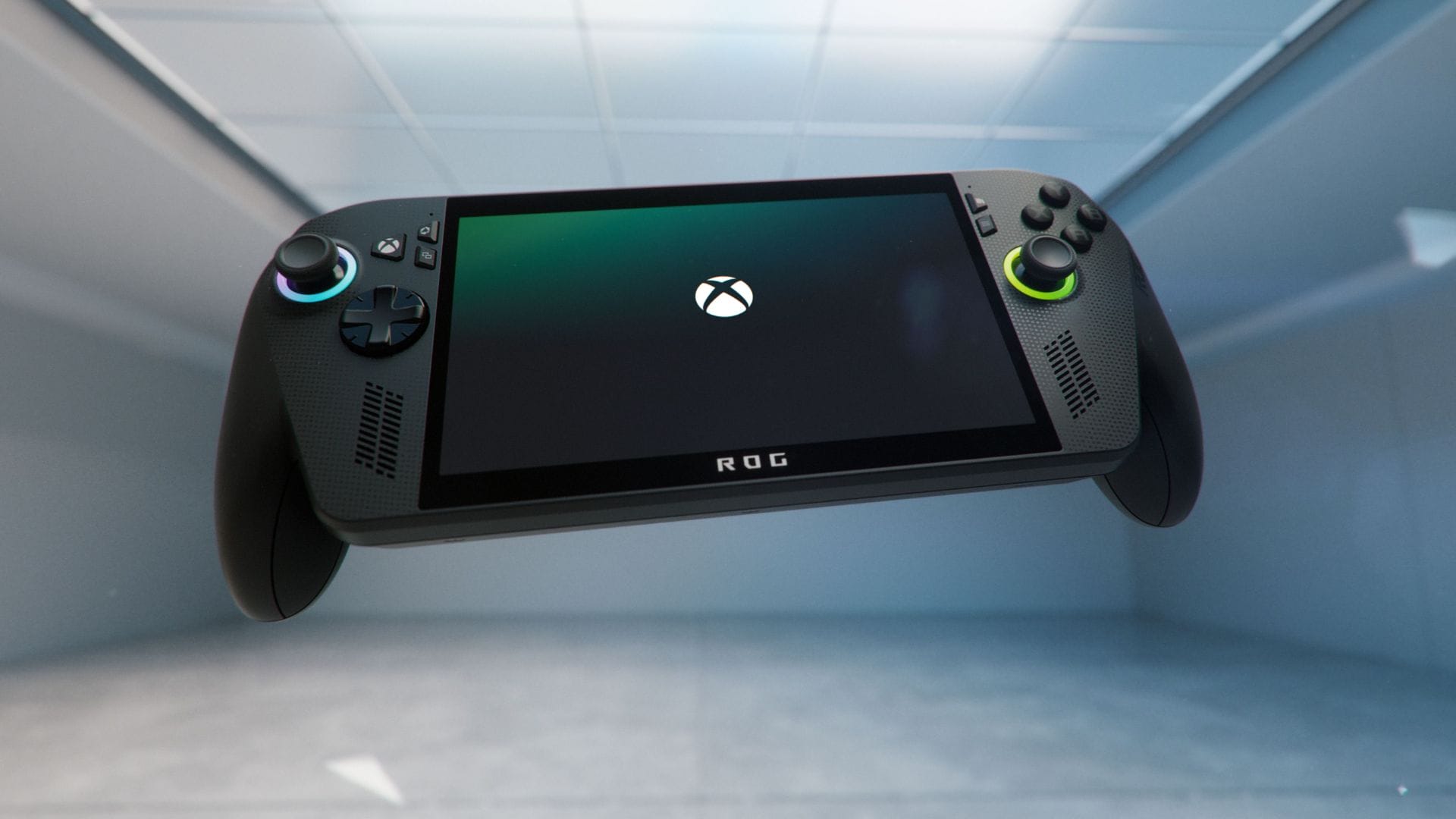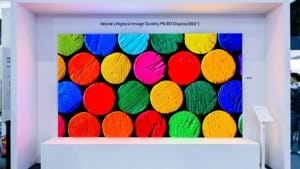Microsoft reveals next-gen Xbox as a cross-device platform powered by AMD
Microsoft confirms the next Xbox will be a cross-device platform powered by AMD, offering seamless gaming across consoles, handhelds, and the cloud.

Microsoft has officially confirmed that the future of Xbox is more than just a traditional console. Instead, you’re looking at a fully connected gaming platform that works across multiple devices. This marks a major shift in how Microsoft wants you to experience gaming – no longer limited to one box under your TV.
Table Of Content
In partnership with AMD, the tech giant is co-engineering custom chips that will power everything from next-gen Xbox consoles to handheld devices and cloud-based gaming services. This collaboration is set to redefine what “Xbox” means, placing it not just in your living room but also in your hands and the cloud.
Xbox is no longer just a console
In a video recently shared, Xbox president Sarah Bond laid out the company’s vision for the next generation of gaming. She explained that the next Xbox won’t be tied to a single piece of hardware. Instead, it will offer “a consistent experience” across consoles, handheld devices, and cloud gaming platforms.
You won’t be locked into a single store, either. Microsoft aims to make your Xbox experience seamless across services – meaning you can use Game Pass, Steam, or even the Epic Games Store wherever you play. Whether you’re on a traditional console or a new device, the experience will remain the same.
This isn’t entirely new. Microsoft has already started showing what this future could look like. The company recently teamed up with ASUS to launch Xbox-branded ROG Ally handhelds. These devices run on a custom version of Windows, allowing access not just to Xbox Game Pass but also to other platforms like Steam and Epic. For many, these handhelds feel like a preview of what’s to come.
A unified family of devices
The promise of full backwards compatibility makes this move even more exciting for long-time Xbox fans. According to Bond, the next-gen Xbox will support your current game library. That means your existing collection won’t become obsolete with the arrival of new hardware – a move that will surely be welcomed after past generations created confusion about compatibility.
Rather than fighting the so-called “console wars” by trying to outdo Sony or Nintendo with a single powerful device, Microsoft is building a whole family of devices under the Xbox name. All of them will run on Windows and be powered by AMD’s co-developed technology.
This platform-based strategy focuses on making Xbox a service layer—one that works across hardware rather than being bound to it. This approach breaks away from the usual console cycle and aligns with how you might already use other Microsoft services like Office or Teams across multiple devices.
The future feels like a fresh start
Of course, this broad strategy comes with its challenges. Windows-based systems can sometimes bring the very problems console gamers usually try to avoid – such as software bloat, crashes, and the inconsistencies of PC gaming. However, Microsoft may have a solution in the works. A simplified, console-like version of Windows could offer the ease of use you expect while still giving access to a full gaming ecosystem.
This isn’t just an update – it’s a reimagining of the Xbox brand. You’ll no longer be waiting for “the next big console.” Instead, you’ll be stepping into a connected world of devices, games, and services that evolve together.
With AMD helping to build the underlying tech and Microsoft focusing on a seamless gaming experience across all platforms, the next Xbox generation may be the boldest yet. And with your current game library along for the ride, it’s shaping up to be a future that puts players first – no matter where or how they play.
















